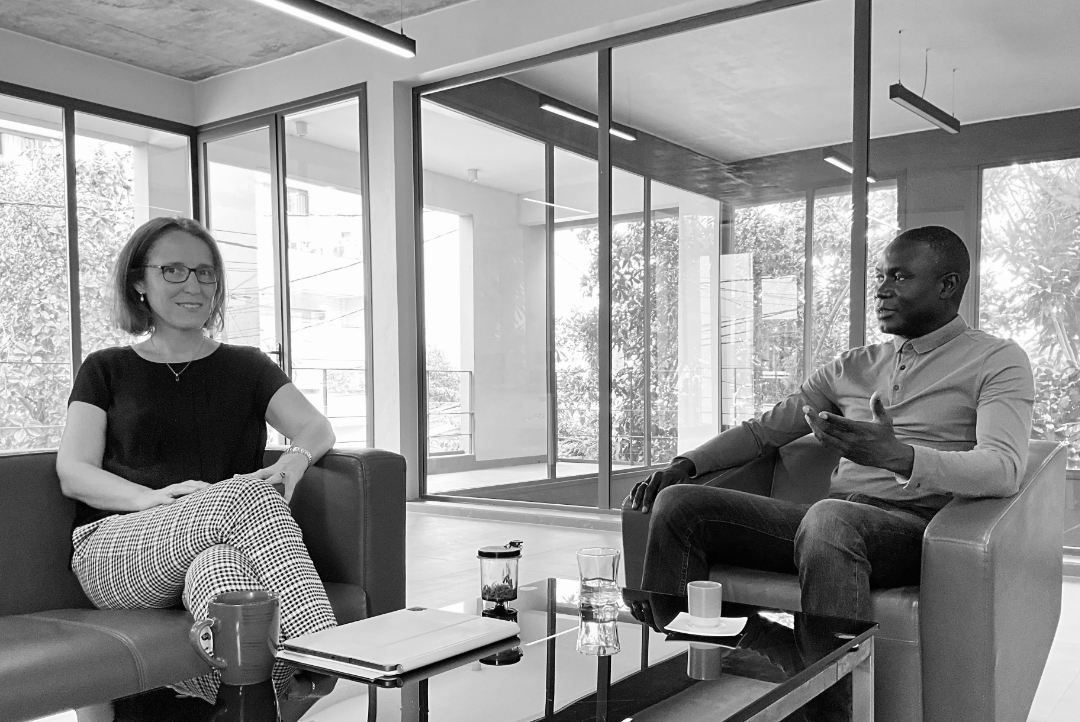
Marlène and Abdou Sene.Photograph courtesy of SENE STUDIO.
West Africa
Senegal
Dakar
“Nature inspires us. The elements that surround us animate us. We fill the spaces we design with meaning, emotion, life, and experiences.”
For SENESTUDIO, architecture goes beyond the construction of buildings. They create spaces that tell a story, evoke emotions and inspire those who inhabit them. Studio’s projects harmoniously integrate the morphology of spaces, materials, light and new technologies. Established in London in 2006 by Marlène and Abdou Sene, the firm draws upon the extensive expertise of its founders. Marlène and Abdou were educated as architects in Marseille and London. They both worked for prestigious international architectural companies in London before establishing SENESTUDIO.
The studio’s expertise covers various sectors, from road infrastructure to residential and institutional buildings.
Recognised for their rigour and high standards, they have carried out numerous high-profile projects in Senegal and internationally.
The studio is committed to sustainability, innovation, and social responsibility, which guide their design process.
Running A Business
Re-inventing Our Role
An Organic Growth
New Models Of Practice
We are from Marseille, France, and Senegal. We met while studying at the Marseille-Luminy School of Architecture. Afterwards, we moved to London, where we both continued our careers as architects, and Abdou completed his studies at the London Metropolitan University. We both gained experience as architects by working at practices such as Fosters and Partners, Studio E, PRS, and Wilkinson Eyre.
We set up SENESTUDIO in 2006 while working in London and started working on small-scale projects such as house extensions. At the same time, we got the chance to work on a few projects in Senegal, which were rather intriguing, and therefore, we felt the necessity to relocate to Senegal.
This was an excellent opportunity to develop and experiment with architecture in ways different from how we had previously learned it.
SENESTUDIO has been operating in Senegal since 2007, and its development has been quite interesting and organic.
We have had to constantly reinvent ourselves in many ways because the traditional model of practising architecture—which we were taught at School—is no longer relevant to how the market is moving and people's perception of architecture. At times, explaining the importance of involving an architect in projects can be challenging.
We have had to constantly reinvent ourselves in many ways because the traditional model of practising architecture—which we were taught at School—is no longer relevant to how the market is moving and people's perception of architecture.
When we first started our practice, we believed that while having a project was exciting, delivering it to the highest standard was crucial. Initially, it might seem that securing projects is enough to grow a practice, but over time, we have realised that architects and architecture can often be isolated. What truly influences our business is how people perceive the profession, the dynamics of the market, and the way we approach discussions such as fees and scope of work.
We need to rethink how architecture is taught in universities and schools because simply believing that what you consider good architecture is sufficient is not enough anymore. There is much more to the profession that needs to be addressed in education.
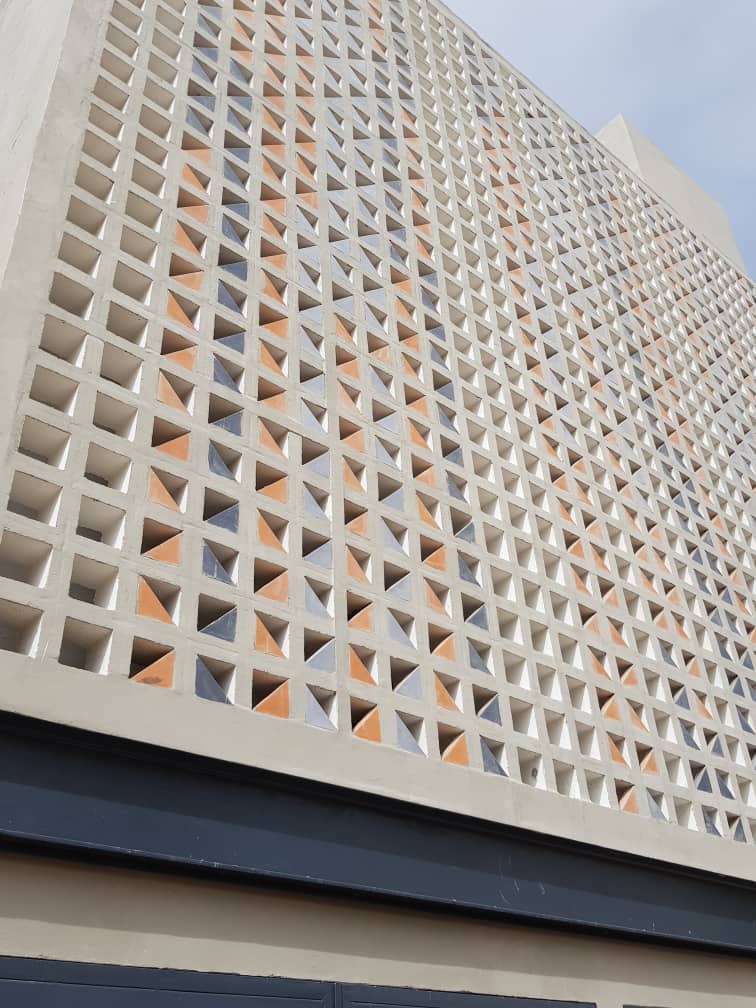
Villa Omar Victor DIOP in Dakar by SENE STUDIO. Image courtesy of SENE STUDIO.
When we established our company, we took a mentoring course and were asked if we had a business plan. This question caught us off guard. We knew all about architectural plans but not business plans!
In architectural education, business plans are rarely, if ever, discussed.
While focusing on architecture and urban development, we must recognise the fact that we are also running a business. Our job requires us to understand management and consider how to generate revenue. While these may seem like basic questions, they are essential for addressing the challenges we face.
As we develop our company and our architecture, we believe that if we want to engage in meaningful discussions about architecture and foster its growth, we need to gain more freedom — both in our thinking and financially.
The traditional model of entering architectural competitions or waiting for clients to come to us is no longer relevant. As architects, we should take the initiative to create projects and drive their economic viability.
The traditional model of entering architectural competitions or waiting for clients to come to us is no longer relevant. As architects, we should take the initiative to create projects and drive their economic viability.
Consequently, we (SENESTUDIO) are very attuned to thinking internationally as architects. Even when working on projects in Senegal, the challenges we face are often global. This is mainly because the financing of the projects usually comes from abroad, and therefore, we need to be aware of the global issues accompanying these financial considerations.
The Profession
Shortage of Architects
Opening A School Of Architecture
Finding qualified architects and staff is a significant challenge for the profession in Senegal. This is especially problematic because Senegal has been without an architecture school for the past 30 years following the closure of the only one we had.
There are fewer than 300 architects in a country with a population of 18 million. Those who wish to study architecture seek education in other African countries such as Togo, Tunisia, and Morocco. We often receive CVs from these countries, too.
The need for architecture schools in Senegal is undeniable, and efforts are being made to address this. However, despite the increasing demand for architects driven by the country's development potential, the profession may still face challenges due to the outdated model of practice that places architects as a low priority in the construction and development process.
The French tradition of Beaux-Arts expects architects to be skilled artists proficient in drawing and craftsmanship. This cultural aspect reflects the public interest in architecture as it holds heritage values, similar to being an artist, where financial success is not the primary concern.
This model of practice derives from French architecture education, where many architects in Senegal have received their training. In France, there is a tradition called Beaux-Arts, where architecture is closely linked to art school.
The French tradition expects architects to be skilled artists proficient in drawing and craftsmanship. This cultural aspect reflects the public interest in architecture as it holds heritage values, similar to being an artist, where financial success is not the primary concern. Therefore, architects generally do not engage with political or socio-economic issues that impact their workload.
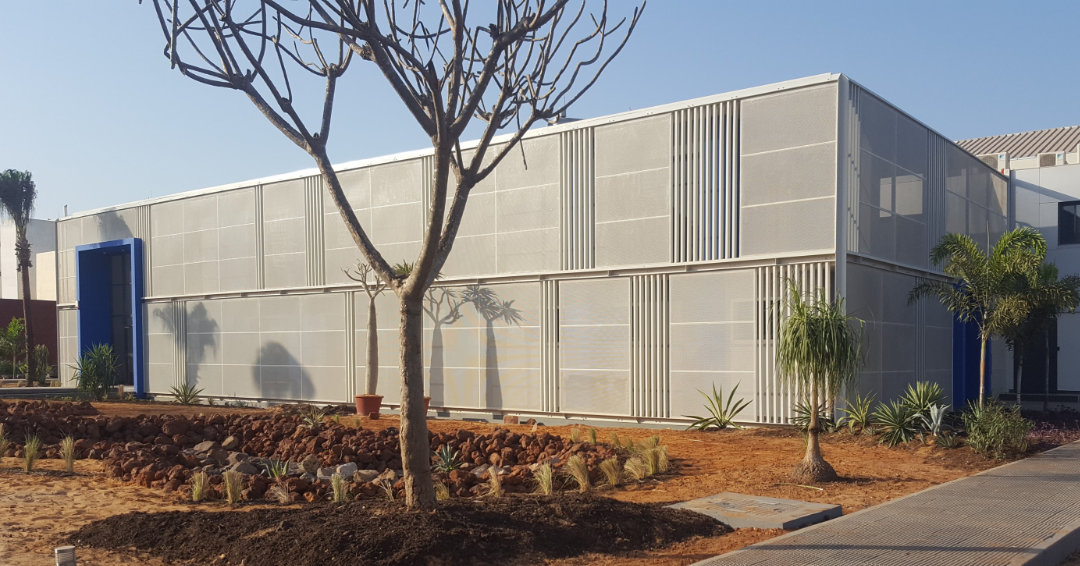
Laborex headquaters in Dakar by SENE STUDIO. Photo courtesy of SENE STUDIO.
The Architect’s Role
Public-Private Partnership
The Missing Links
In Senegal, there are Public-Private Partnership (PPP) projects. These projects involve financing from private entities for real estate development. The projects are turnkey, and the local architects often face challenges accessing information about them before they are developed.
It is a concern that most large-scale projects are developed financially before architects even become aware of them. This late involvement of architects in projects is a clear sign that our current practices need change. Architects often hear about the project towards the end of the decision-making process, which can be too late. This issue affects our cities as they are primarily developed with a focus on business growth.
when politicians make decisions without architects present, the consequences can be significant.
In development bidding, the architect's role is often minimised, and many stakeholders do not fully understand the value architects bring to a project. Architects are frequently excluded from the project planning process or - for example - given only a month for a study when three months would be more appropriate. Additionally, fee allowances are under-estimated, reflecting a broader lack of appreciation for the architect's role and impact on projects.
It is crucial to note that when politicians make decisions without architects present, the consequences can be significant. Architects are forced to adapt to those decisions, regardless of their quality.
Redefining the Future
Architects As Developers
We are creating a platform for project development in partnership with contractors, engineers, and architects. Our goal is to create an environment that is in favour of our vision of how architecture should be practised. We believe the traditional way of practising architecture is financially and creatively limited. Additionally, architects should be able to work on projects that have an impact on people’s lives, participate in social debates and orientate those debates. The danger lies in being confined to an architecture office that solely produces projects, leading to architects losing motivation. We need to make a shift before that happens.
We believe that becoming developers would bring immense value. We use our creativity to be more creative about our job and how we practice architecture.
For example, in our current projects, we do not just focus on maximising square meters; we view them through an architectural lens, driven by the freedom to express our vision of what architecture should be. Architects as developers would benefit the market by blending creativity with practicality because even as developers, they will never lose their architectural foundation. Plus, architects need to prioritise financial success as well.
Working Internationally
Lack Of Regional Organisation
Thinking Globally
From Concept to Identity
While we have undertaken a few projects in Cote d'Ivoire, Togo, and Benin, most of our work is centred in Senegal. This focus highlights the vast potential for growth and development in the architectural sector in Senegal, and we are committed to contributing to this progress.
A lot is happening in other countries in the continent such as South Africa or East Africa but our countries have no apparent link.
There is no regional organisation that connects and links the neighbouring countries. Many countries come to Dakar to find architects, but no well-organised platform exists to help with that.
There is a massive development potential in Africa, and Senegal has just started exploiting oil and gas.
SENE STUDIO has also opened a branch in Madrid because our practice has developed quickly in the last few years. We felt that if we needed to cope with the demand, we had to find another organisation to materialise the projects.
We believe architects could greatly benefit from an international platform in the future, and this is crucial for our work. Such a platform would allow architects to operate globally without having to leave their home country. By connecting on a global scale, people could continue living where they are while working internationally.
The concept of an international platform means that when working on a project in Senegal, for instance, we can collaborate to better understand the local context. With technology advancing rapidly, we need to embrace that speed and not see geography as a barrier to practising architecture elsewhere.
We should find ways of connecting our ways to places, but places no longer need to be fixed; we can dematerialise this conception.
When it comes to identity, while Senegal is where we primarily practice architecture, we do not necessarily need to define our work by a specific local style. Our approach and way of thinking are already inherently connected to our environment, even without explicitly claiming a particular identity.
We should find ways of connecting our ways to places, but places no longer need to be fixed; we can dematerialise this conception.
September 2024
Interview by International Architects Sweden.
Read More
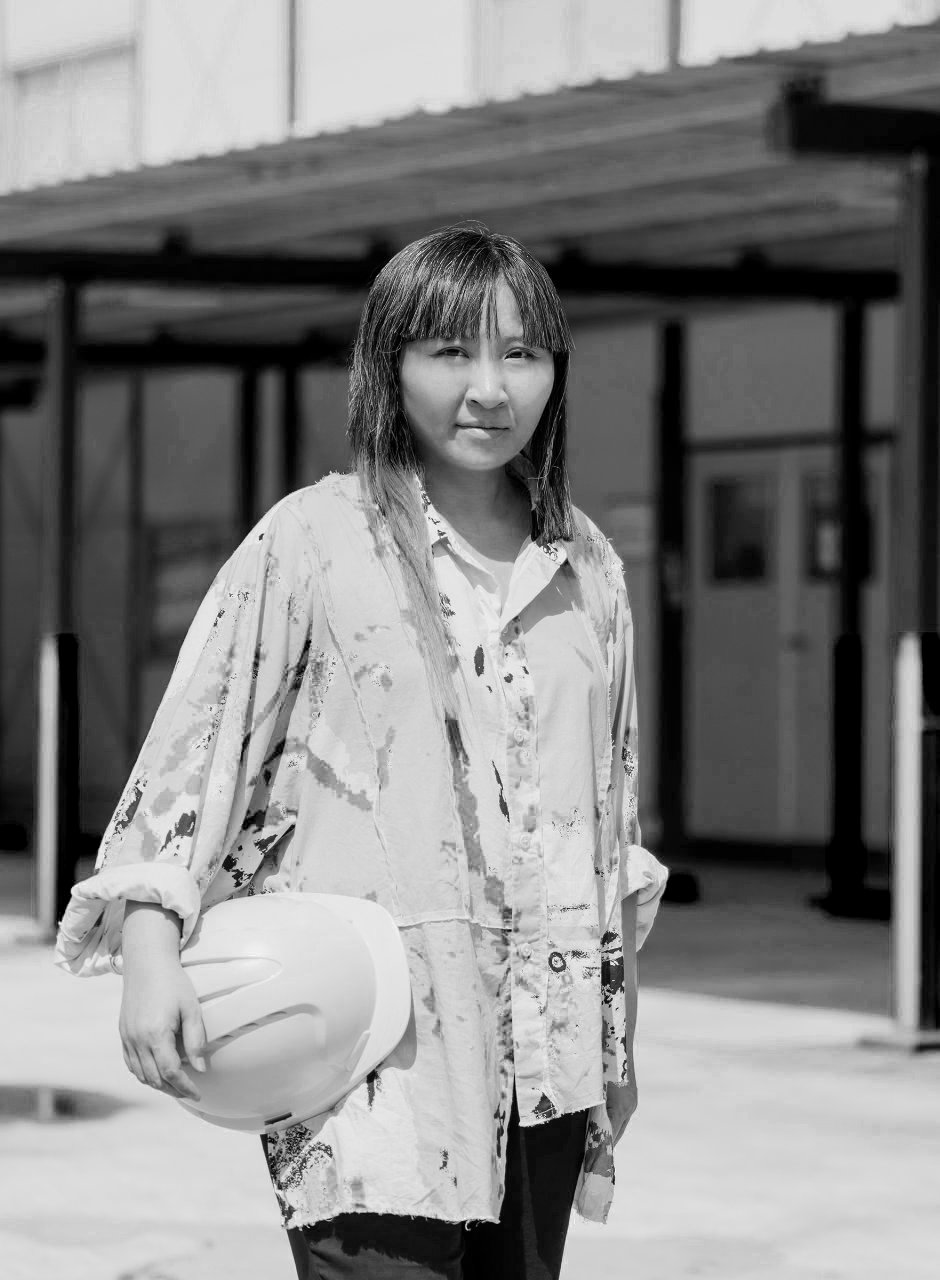
Vivien Leong || SingaporeGlobal Dialogues
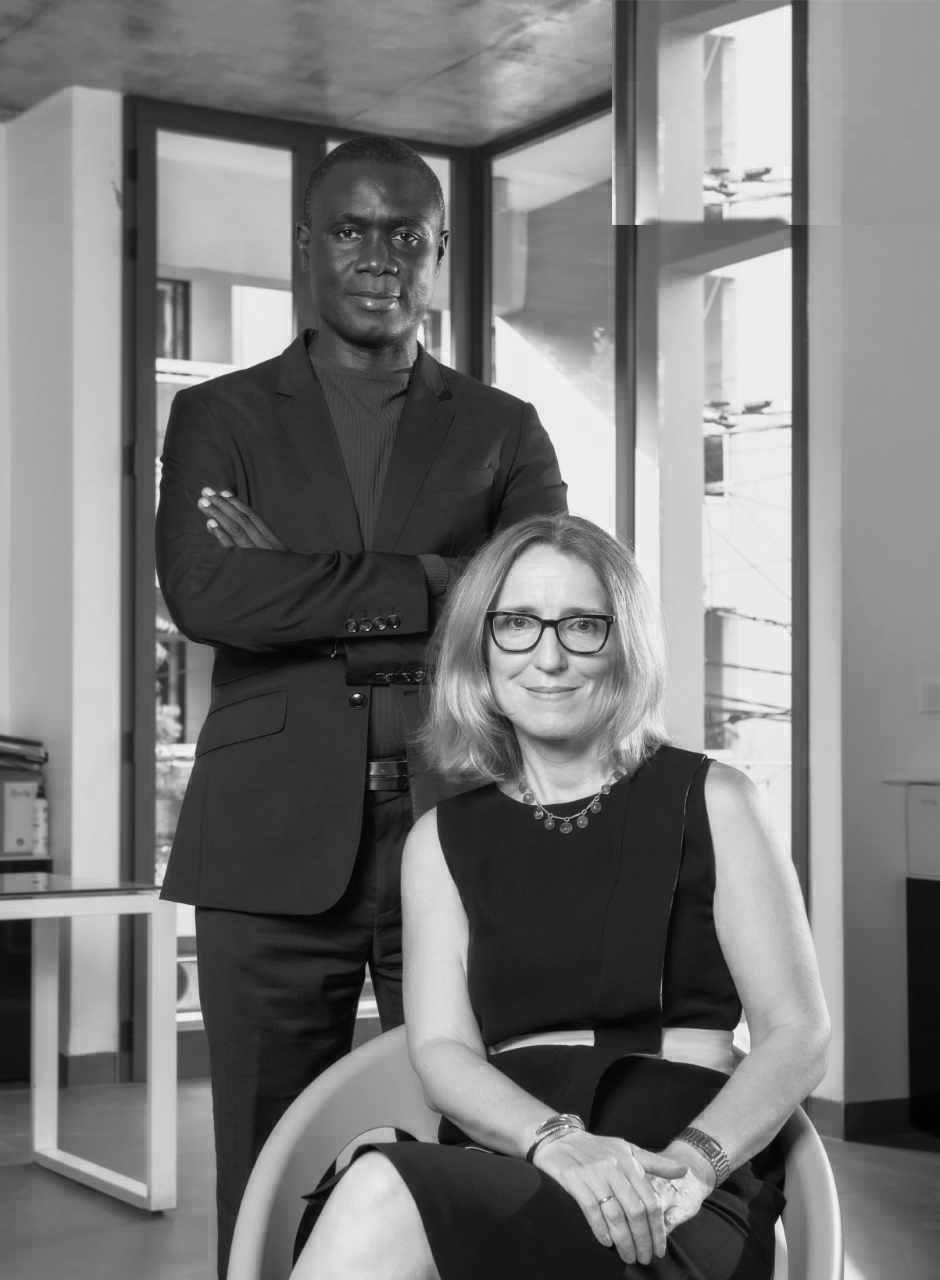
SENE STUDIO|| SenegalInterview
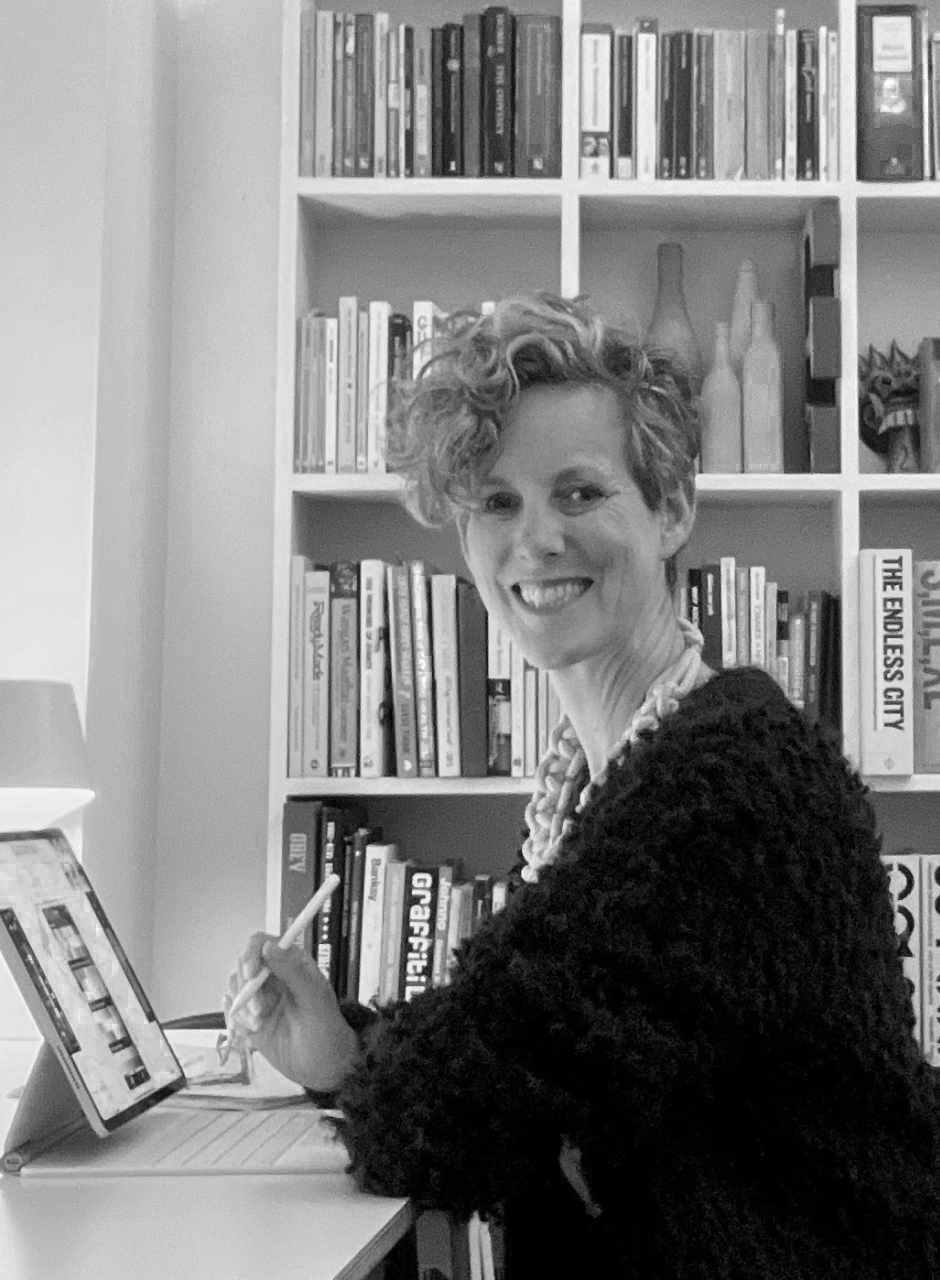
Angela Dapper|| AustraliaGlobal Dialogues
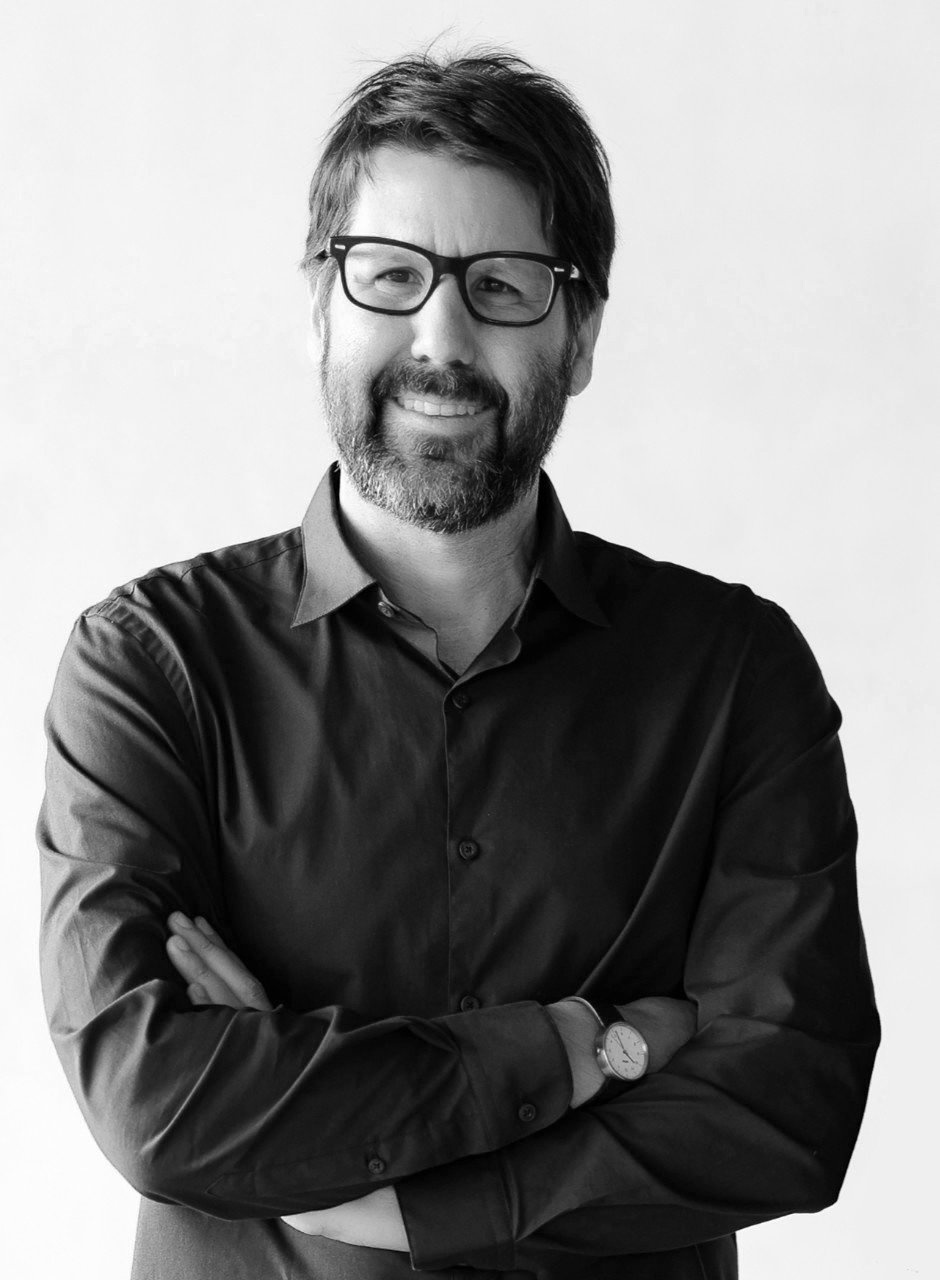
Bruno Campos|| BrazilGlobal Dialogues
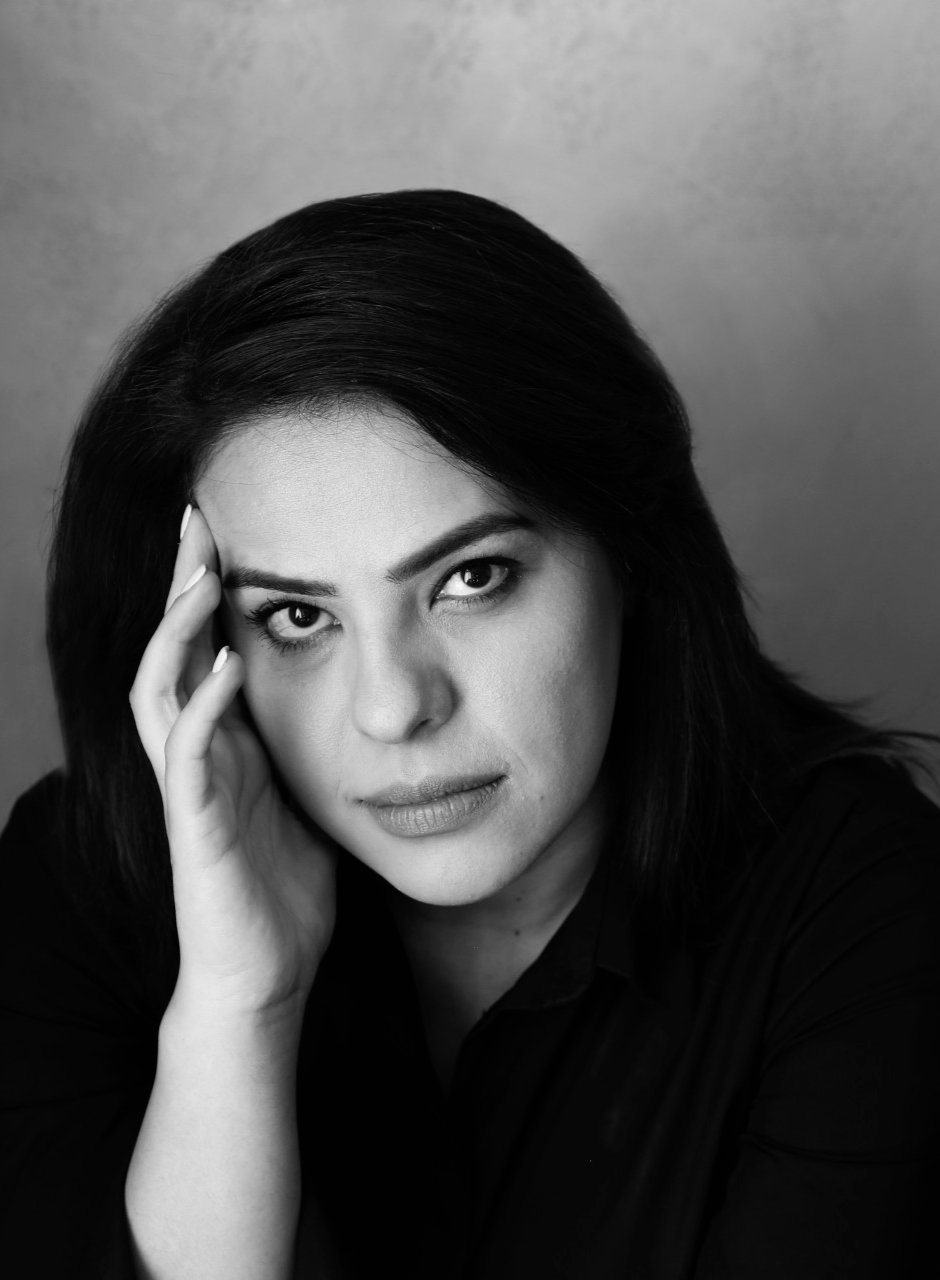
Habibeh Madjdabadi || IranGlobal Dialogues
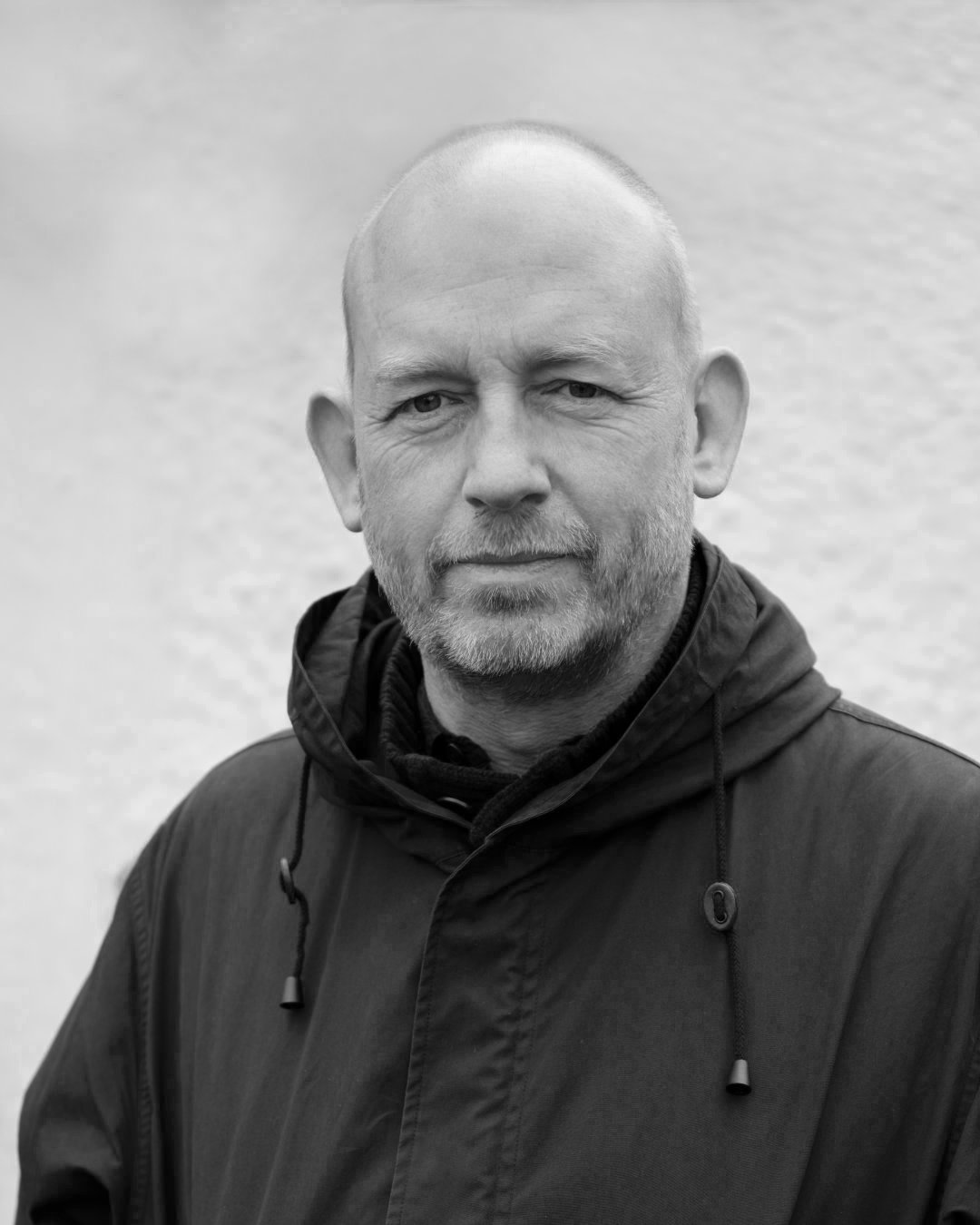
Jake Ford|| SwedenGlobal Dialogues
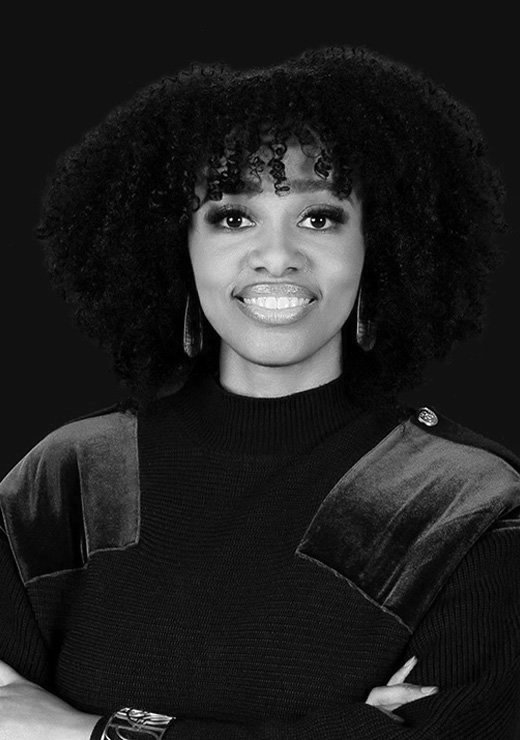
Pascale Sablan|| USAGlobal Dialogues
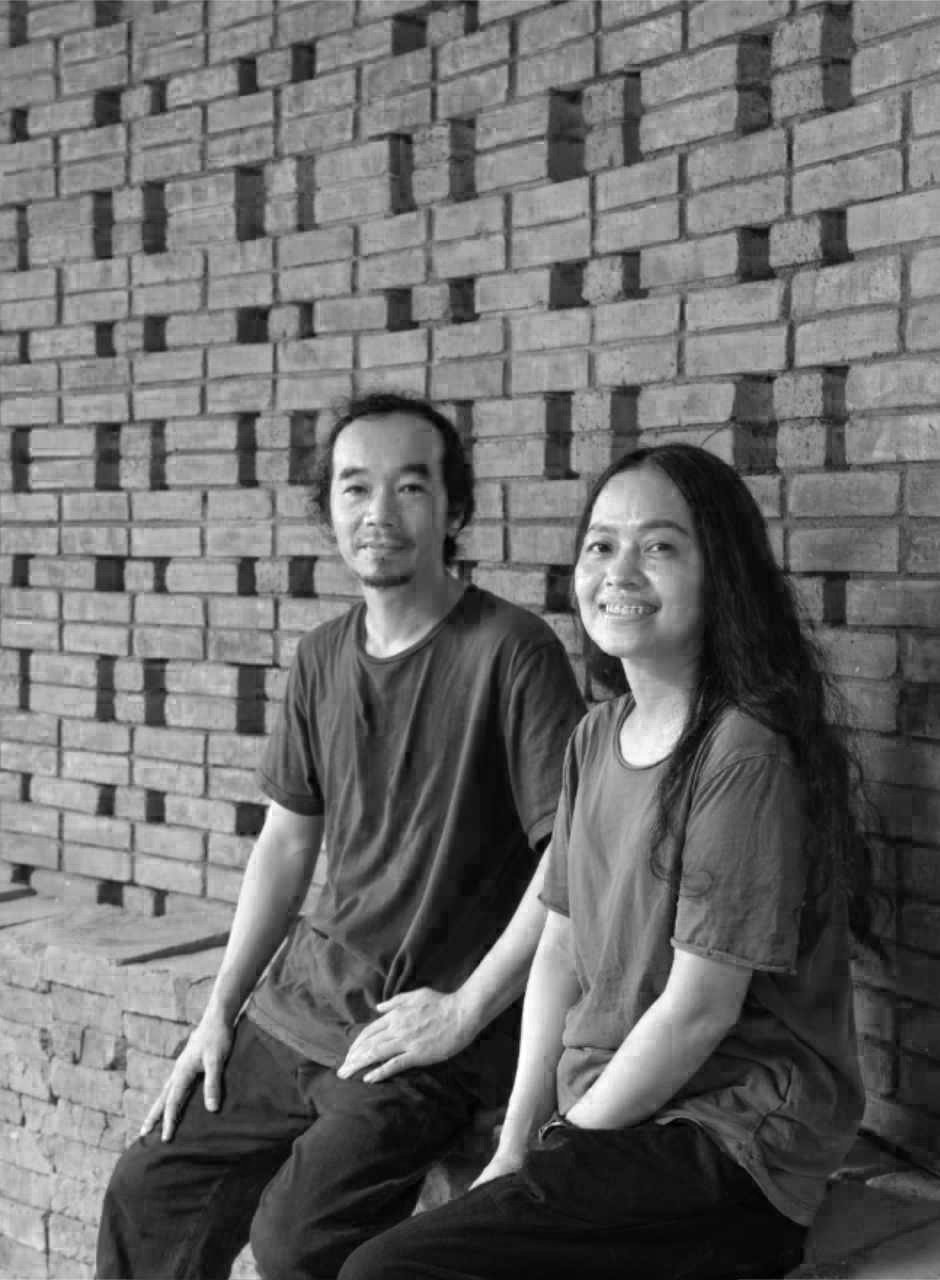
Tropical Space|| VietnamGlobal Dialogues
